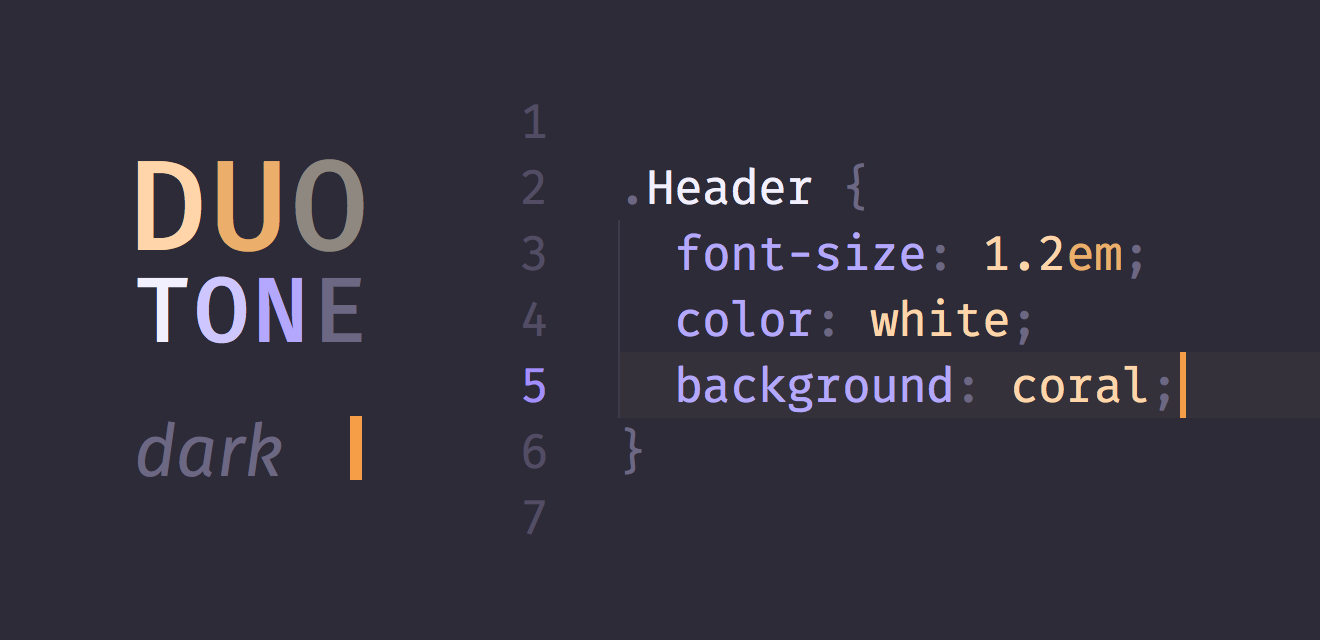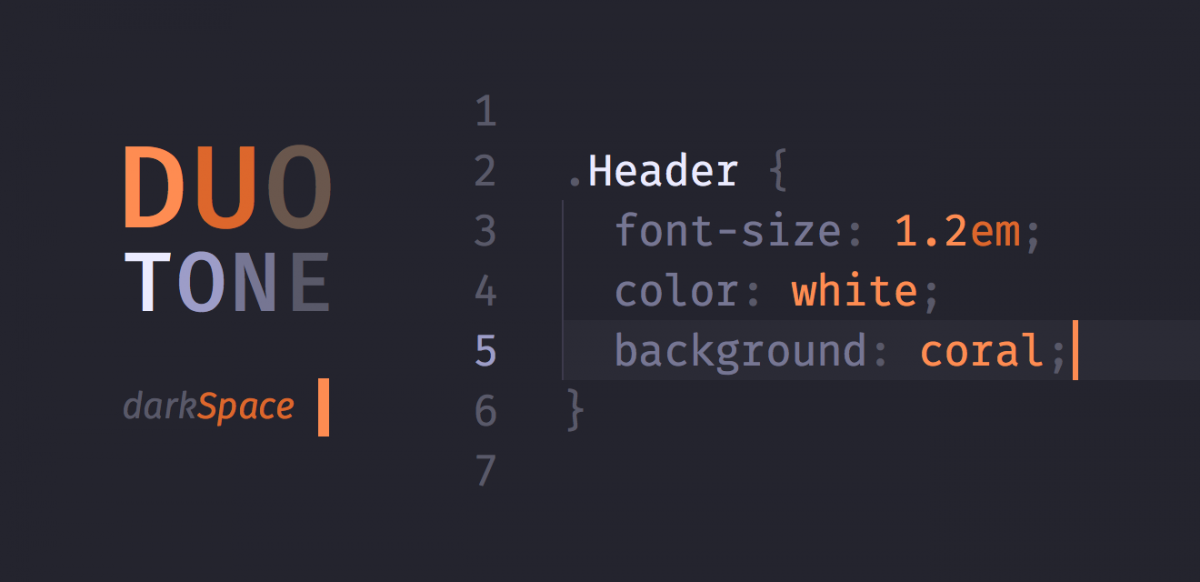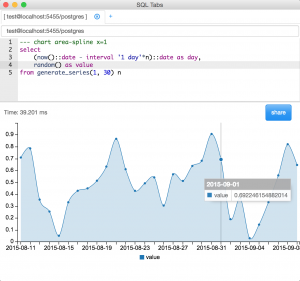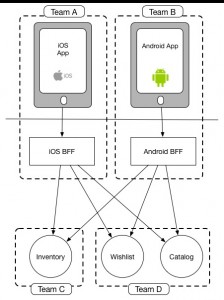Être obligé de donner une illusion de ralentissement pour que les gens comprennent que la page est chargée, ça me donne un petit tic nerveux, je ne sais pas pourquoi.
Au contraire, dès que je vois un site qui se charge presque instantanément, je suis ravi.
— Stéphane, à partir d’un billet qui continue chez David
Peut-être que le terme de performance n’est pas le bon. Est-ce vraiment la vitesse qui pose problème ou l’absence de compréhension de ce qu’il se passe ?
Je ne crois pas me rappeler avoir lu des études critiquant de trop bonnes performances. En fait c’est tout le contraire. Ce que j’ai lu milite systématiquement pour des changements inférieurs à 10ms, y compris sur le web.
En revanche, il en existe un bon paquet qui critiquent l’absence de transition ou l’absence de feedback sur action. Parfois rien que proposer un état « enfoncé » sur un lien ou un bouton, pour les quelques millisecondes où le bouton de souris ou touchpad reste en bas de course, ça suffit à faire effet. Les applications mobiles natives, plutôt bonnes en performance, ajoutent elles-aussi beaucoup d’animations, simplement parce que c’est une façon de donner du feedback du type « regarde, je fais ce que tu m’as demande, j’ai bien pris en compte, voilà ce qu’il se passe ». C’est d’ailleurs un des principaux trucs qui font préférer les applications natives aux sites web, même si personne ne s’en rend compte.
Je me dis, chez David, c’est peut être que les deux pages avant et après se ressemblent beaucoup. Avec un changement immédiat sans transition certains sont peut être un peu perdus, par exemple ne sachant pas s’ils sont remontés en haut ou sur une nouvelle page. La transition CSS joue peut être plus parce qu’elle amène le nouveau contenu et le présente bien comme du nouveau qui apparait de zéro, et pas forcément grâce à la lenteur retrouvée.
Je réfléchis à haute voix, peut-être suis-je à côté de la plaque. Il faudrait tenter des tests A/B, différentes vitesses d’animation





